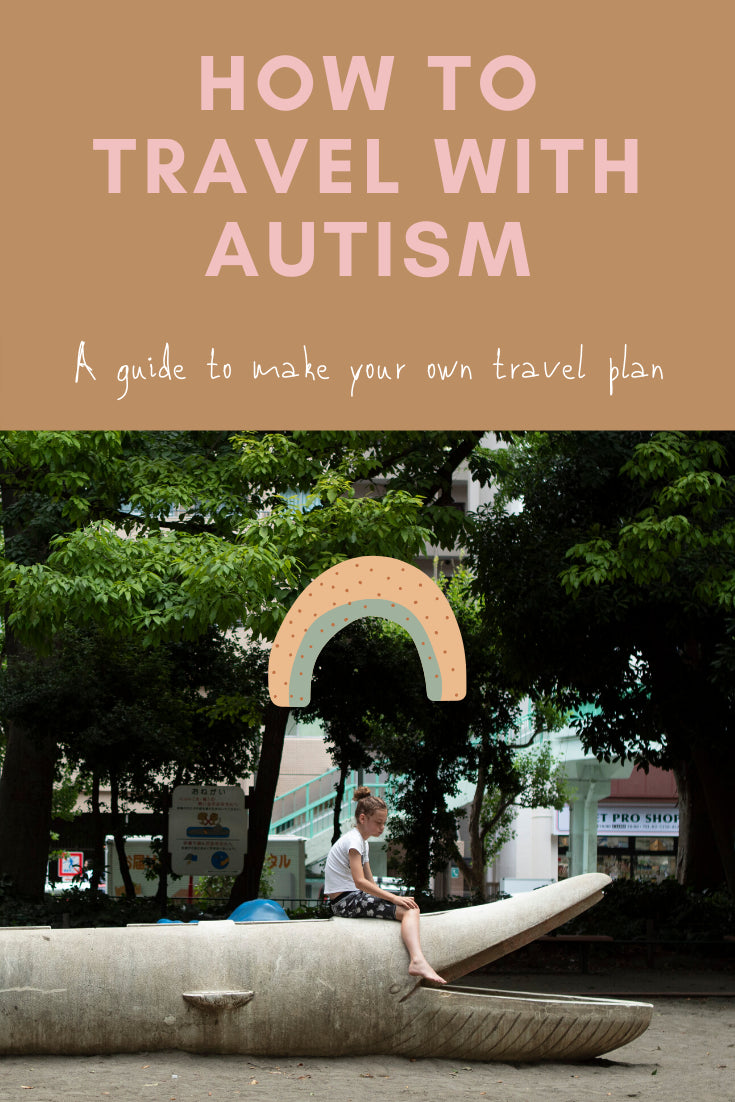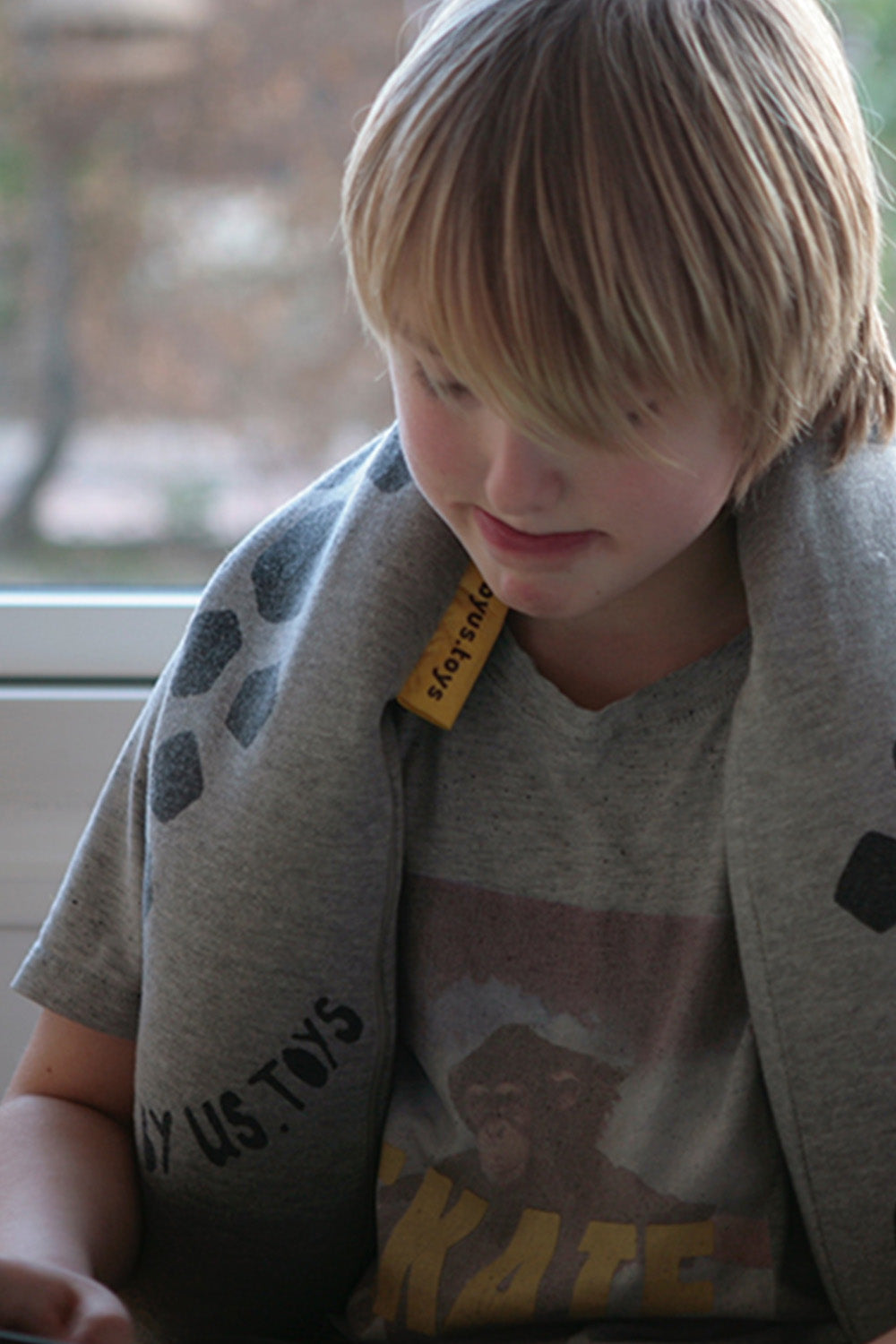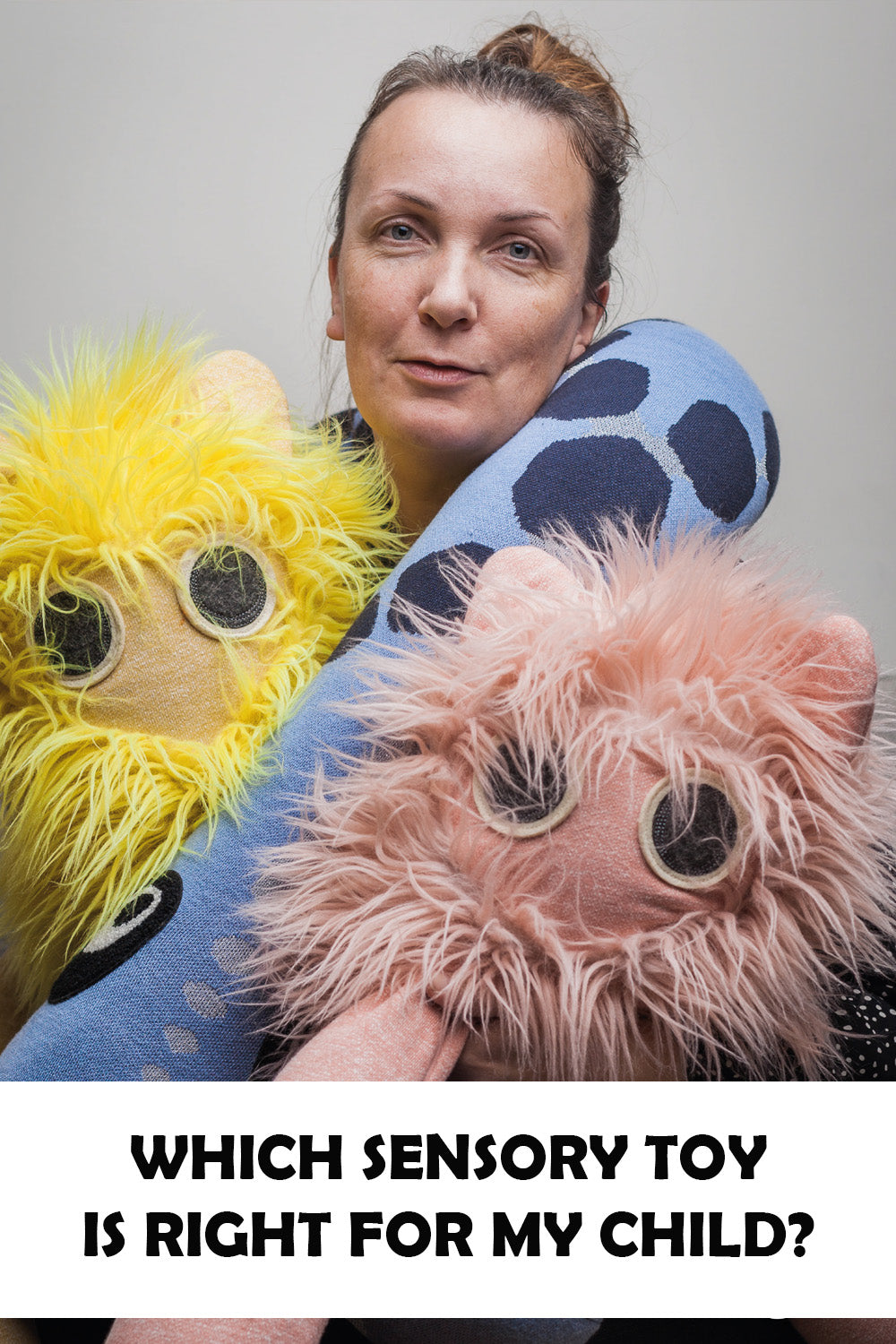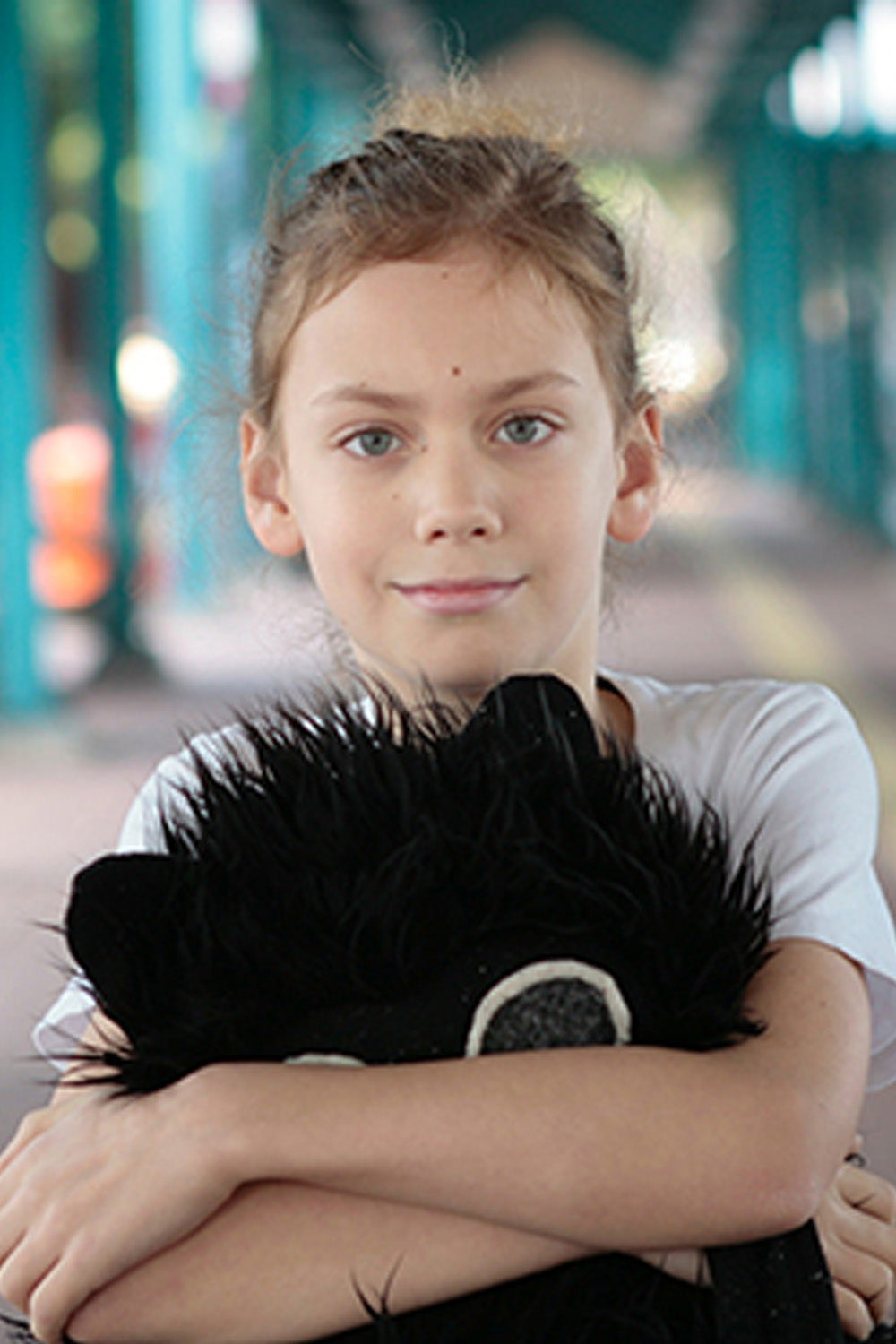Your Cart is Empty

Yes, I know sometimes it's overwhelming traveling with your child because unexpected things happen all the time. But,
"There will never be a perfect time to travel with your children, so do it now, before the opportunity passes you by. You can’t turn back time." — AJ and Natasha, The 2 Idiots Travel Blog
For most families with special needs, such as ASD, ADHD, OCD, and others, traveling to new destinations and exploring cities around the world, is an impossible adventure. But non the less, I have experienced traveling and moving around the world with my boy Jakob, now aged 12 and diagnosed with Autism, ADHD, and anxiety. And we have managed to find a great way of preparing and planning for these adventures.
Last year in 2019 I decided to take my son, Jakob to Japan for our summer holiday, and it is with absolutely no regrets but with an insane amount of preparation and planning, that we managed to have an amazing holiday.
Because of all the work going into planning this trip, I thought it was time to share our experience and add some of the ideas we came up with when planning our holiday, trying to avoid the meltdowns. We ended up having an amazing time in Japan, thanks to our travel plan prep, and we will definitely come back, to visit this wonderful country.

I really think the reason Jakob managed to cope so well through a week of high humidity, monstrous heat, loud airplanes, and train stations, and not to mention the buzz of Tokyo city, was due to our way of planning every day in a visual printed schedule. We kept our plan at hand at all times, ready to calm Jakob down, and allow him to have an overview of the situation whenever he needed to.
Here is a list of 8 tips that I would like to share with you from our holiday experience. This will potentially help you to overcome the barriers that you might struggle with your children. Therefore, I will highly recommend going through these tips if you are planning a holiday with your kids, who might have special needs to take into consideration.

I would recommend that you do some online research about your destination. Depending on your child’s age, you might do this together. I did a lot of YouTube research on Japan and the cities we were going to visit before I chose the appropriate videos to show to Jakob. It helped him to understand where we were going and what to expect. But it also allowed him to have a say, on what things he thought would be fun to see and what he was a little hesitant about. It helped me to understand the worries he was struggling with, and we were able to start talking about some of the triggers.

Depending on your child’s age and situation, it can be a great experience to allow your child to participate in some of the decision makings when planning sightseeing or accommodation or food. Allow them to voice their opinion and have a conversation with them about their wishes. In our situation, Jakob really wanted to stay at an authentic Japanese guesthouse, buy a kimono, have sushi, and visit the Kirby Café, so all in all not unreasonable wished I thought, and we managed to get all the things checked off his list. Of cause, there could be some more extravagant wishes on the list, but sometimes you might be surprised by the simple things, that might make all the difference to the experience.
It can be a good idea to look up when flights are departing for your holiday destination, as some children will find it easier if they can sleep most of the way, or some might have the need to travel during daylight, to see everything that is going on. For us, it wasn’t such an important variable, but it was still important for Jakob to know if we were flying during nighttime or daytime.
Where to stay during your holiday, can be difficult to decide, as there are multiple things to consider. When we travel Jakob usually asks these questions:

These are only a few of the questions, but I know from experience that I have to be able to answer them before we get there, otherwise, he will stress out about it and end up having a meltdown. So I email the hotel, Airbnb or guesthouse, and ask them these questions, along with an explanation about my son's diagnoses and needs. And I have always gotten an understanding reply back with the information I need. For some children, it can be important to be able to bring their own bedding or even a weighted blanket if that is what they are used to sleeping with, and some hotels/guesthouses are amazingly helpful and willing to let you ship your items before arriving.
Things that I would highly suggest to consider when choosing your accommodation:

Even if you have a fussy eater, with a limited pallet of food choices, I would recommend that you show them the local food. This is not an exercise to get them to try out new food, but simply part of the adventure of exploring and understanding a new culture. You can show YouTube videos of how they prepare the food, or how to eat it, or even talk about the food traditions of your destination. You might be surprised if your child suddenly decides to try out an unknown fruit or vegetable when you take them to a local food market or restaurant at your destination.
Regardless of how adventures your child is when it comes to food, I would suggest to always keep some food of choice, in your fridge at your accommodation. Just keep it very simple, so when you arrive back at your hotel, tired from exploring all day, you have some easy and quick solutions right at hand.
I would also suggest thinking about the surroundings when having a meal. There is no point in turning this into a possible meltdown, so lower your expectations and go with what your child needs. If you are traveling with a restless child who needs to move around to self-regulate, then bring some food to a local park or playground. If you have a more sensitive child, who needs a calmer environment, then have some takeaway at your hotel room or find a quiet spot in a local park.

For many years I had a fear that Jakob would get lost when we went to local markets or exploring busy cities. I’m sure that, had he gotten lost, he would not have been able to tell someone his name and where he was staying. Now that he is older, he has his own phone and he can call me if something happens.
But I will advise any parent traveling with their children to print or write stickers with the hotel address your phone number, your child’s name, advise what special need they have, and put the stickers on your child’s clothes, backpack or inside a cap. It also allows them to know, that they don’t have to remember the name of the hotel or your phone number.

It can ease some of the stressful travel, bring a comforting toy or blanket and let your child have access to it all the way. A familiar comforter can support your child in stressful moments, and help them to calm down and self-regulate.
Jakob always brings his Hairy Hugger and rarely lets go of him, until we arrive at our destination. That’s why we designed him to be wearable when your child needs comfort on the go. Hairy’s positive effect on Jakob during travel is his calming and comforting weight, his long soft fur that allows Jakob to fidget silently, and when we travel far, Hairy Hugger becomes his pillow on the plane or train ride.

So after having done all your research according to your family’s needs, my last advice is to gather all your information and put it into a document. Make one page per day, and fill each page with the images and research or notes you have done.
When I did our last travel plan, I used screen hosts from the YouTube videos we had watched together, this way Jakob was well prepared for each day of our adventure.
Remember not to overload each page with images, as it may stress your child. Just keep a few pictures of where you are going that day, allowing for some spontaneous moments, if your situation allows it.
This will make it so much easier for your child to organize their thoughts, and it will help you all have a better time together, enjoying the most important part of your holiday, being together.


The number one benefit of a sensory toy is to provide a distraction from what may be causing frustration, distress or anxiety and the best way is through touch.
The sensory toy having calmed the incident can then stimulate other moods such as happiness, playfulness or tiredness.

How to choose? Here are some suggestions and things to consider…
